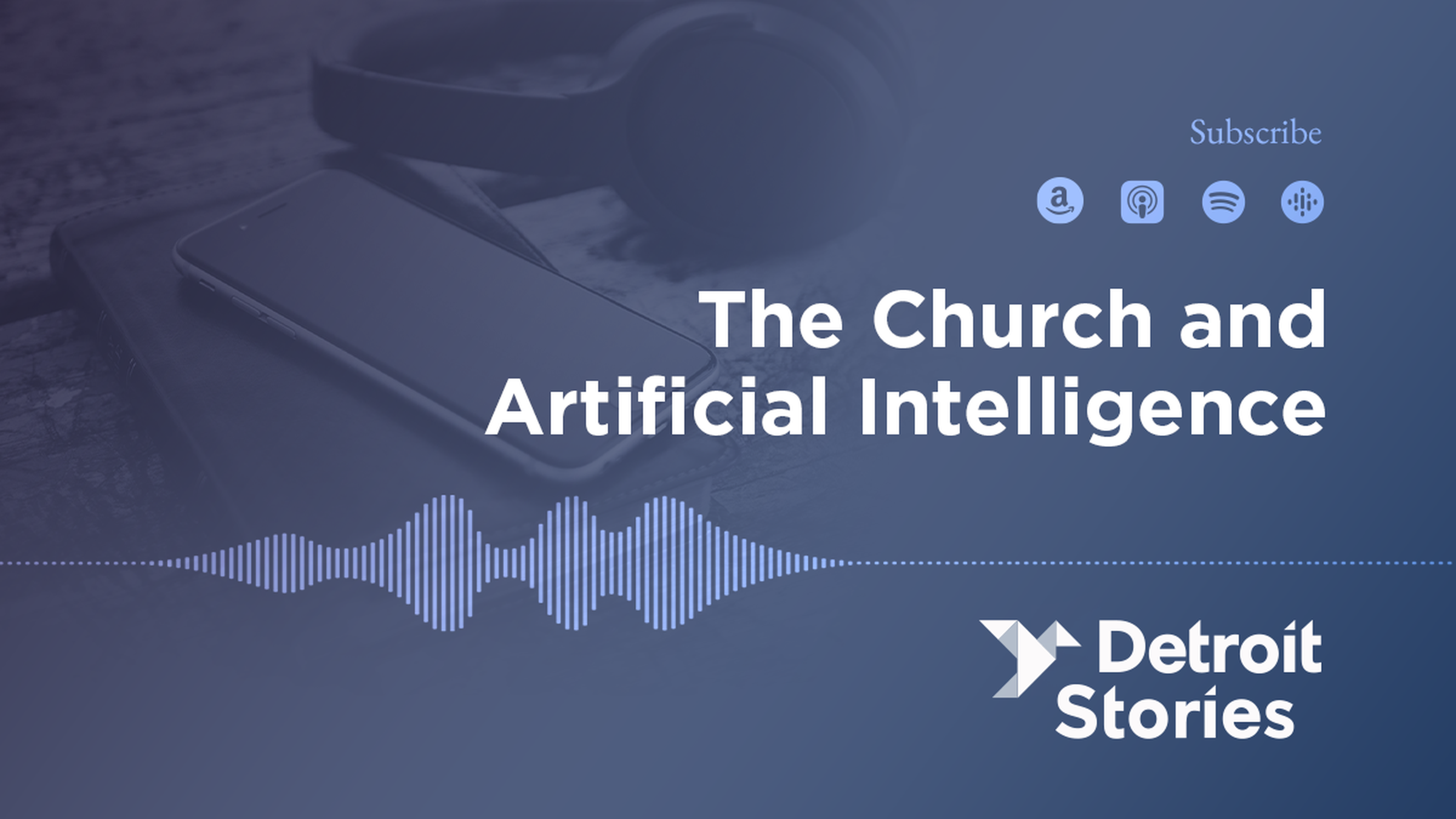Does AI present a threat to humanity? Can it improve lives? And what can the Church say about it? Two Catholic experts discuss
(0:03) The narrator recalls a media firestorm last year involving an AI-generated image of Pope Francis wearing a white “puffer” jacket. Though the image was fake, it was a prime example of the power of artificial intelligence to alter perceptions and a wake-up call to the possibilities and dangers of the emerging technology.
(1:46) Matthew Harvey Sanders, a former seminarian and tech entrepreneur, talks about a project his company oversees called Magisterium AI, an AI-powered search database that helps make Church teachings accessible to the masses. Sanders discusses why he feels, in the age of AI, the tool is critically necessary.
(4:33) Jeffrey Quesnelle, a parishioner of the National Shrine of the Little Flower and an AI researcher, explains how artificial intelligence is different from standard computing. He argues the technology itself doesn’t need to be feared, but harnessed.
(7:55) In light of Pope Francis’ statements on the subject of AI, Quesnelle and Sanders talk about some of the anticipated effects of the technology in the next 10-15 years. Unlike other technologies, both men expect AI to become widely adopted – and quickly. They talk about the guardrails needed to prevent the technology from causing widespread disruption to the world’s way of life. Quesnelle and Sanders discuss AI’s applications in fields such as education and health care.
(12:30) With the seeming limitlessness of AI, Sanders and Quesnelle say the Church must be ready to answer the “big questions” it can pose for society, from the dangers of widespread unemployment to existential questions about the uniqueness of human life.
(18:02) The two men agree that while much of society doesn’t seem keen on seeking out the Church’s wisdom, there is a large contingent of religious-minded and deep-thinking people within the AI field who are mindful of the powerful threats and benefits of the technology and open to philosophical and policy-minded conversations.
(20:32) Quesnelle and Sanders say the Church may soon need to develop guidelines and encyclicals to address the impact of artificial intelligence and provide a voice of reason. Regardless, they say, while AI has the ability to disrupt large segments of society, they are hopeful that the technology can also improve lives if harnessed in the right way. In the end, they say, holding fast to Jesus, there is nothing to fear.
Reporting and script by Casey McCorry; narration by Leah Butalid; production by Ron Pangborn
This episode is brought to you by Angela Hospice, helping families provide the best care possible for the people they love. Visit us at AskForAngela.com.
Listen to ‘Detroit Stories’ on Apple Podcasts, Google Podcasts, or Spotify. Podcasts also will be posted biweekly on DetroitCatholic.com.
Copy Permalink
Culture and Media











